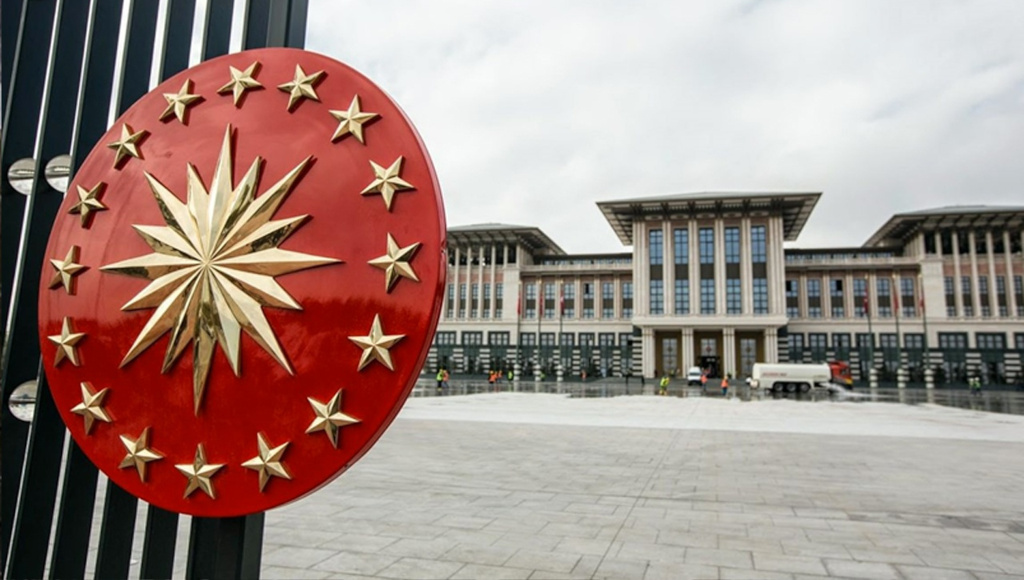Turkish President Recep Tayyip Erdoğan spent a record amount in July from the discretionary fund allocated for his use, the Birgün daily reported, citing data from the Finance Ministry.
Erdoğan spent TL 901,589,000 (around $33 million) in July alone from the discretionary fund. The amount of money spent by Erdoğan from the fund in the first seven months of 2023 totaled TL 2.8 billion ($103.4 million).
Discretionary funds are allocated to the president, the government or state organs from a yearly state budget. Users of discretionary funds are offered some guidelines as to how they may use these funds but also enjoy flexibility in their use. These funds are not for a particular project. Discretionary funds can be used without approval from parliament or any other state institution and are seen as a tool to help the government achieve its goals without spending much time working through the bureaucracy.
Opposition parties accuse President Erdoğan of misusing the discretionary funds, the amount of which within the state budget has steadily increased over the past two decades, when Erdoğan’s Justice and Development Party (AKP) has been ruling the country.
The Finance Ministry regularly releases information about the amount of discretionary funds on its website under the heading of “Secret Services Expenditures.”
While the amount of discretionary funds in the state budget was TL 155 million in 2005, it has recorded an increase in the years since with the exception of 2014, 2016, 2018 and 2020.
Discretionary funds recorded the highest increase in 2006, at 110 percent, reaching TL 327 million.
In 2022 Erdoğan’s spending from the discretionary fund was a record TL 3.4 billion.
In March 2015 a regulation granting a discretionary fund for the presidency was passed as part of a government-sponsored omnibus bill in the Turkish Parliament despite objections from opposition parties.
The president is able to use the fund “for state necessities that contain discreet intelligence and defense services; the national security and higher interests of the state; political, social and cultural purposes; and extraordinary services,” according to the regulation, which made changes to the Public Finance Management and Control Law, which provided the discretionary fund for the now-defunct prime ministry.
At the time opposition parties objected to the regulation, claiming that Erdoğan was aiming to gain control of the National Intelligence Organization (MİT) with the fund, which was tied to the Prime Ministry at the time.
MİT was subordinated to the presidency in August 2017.
